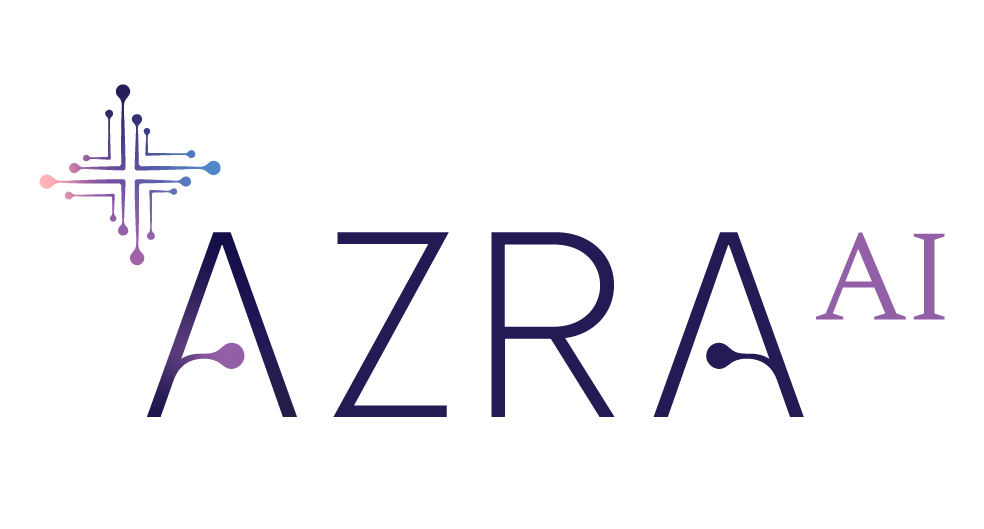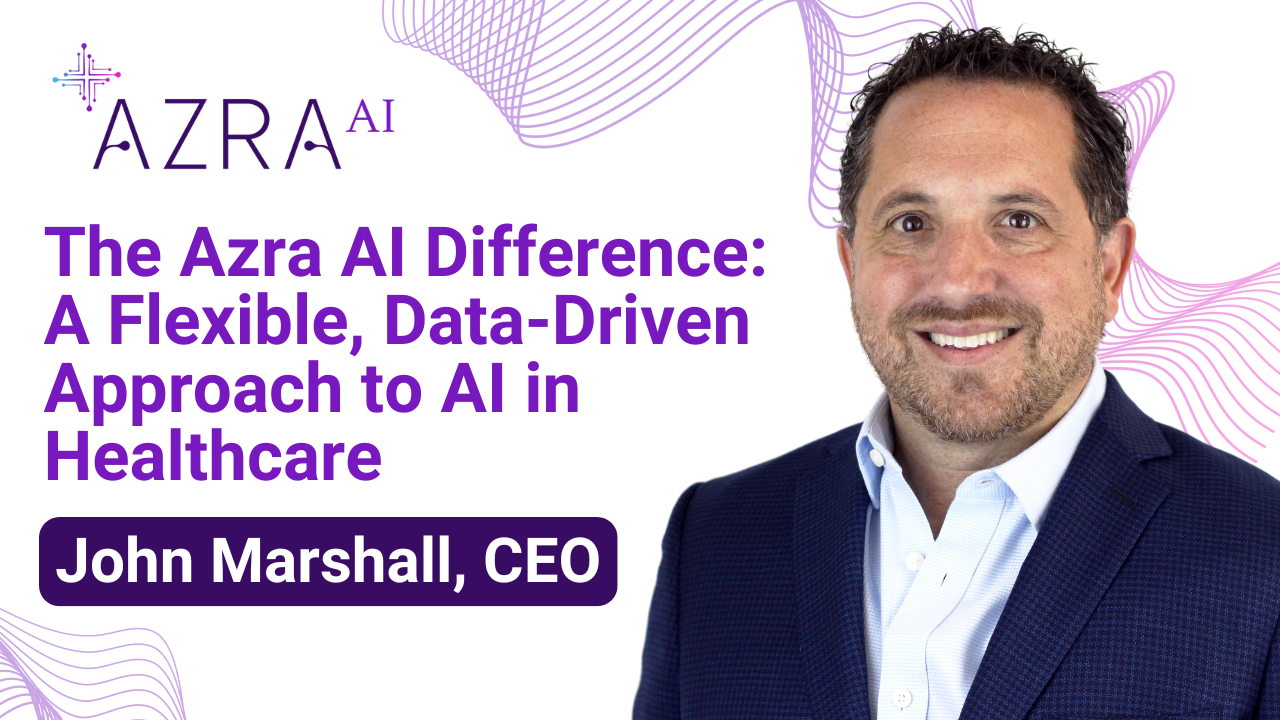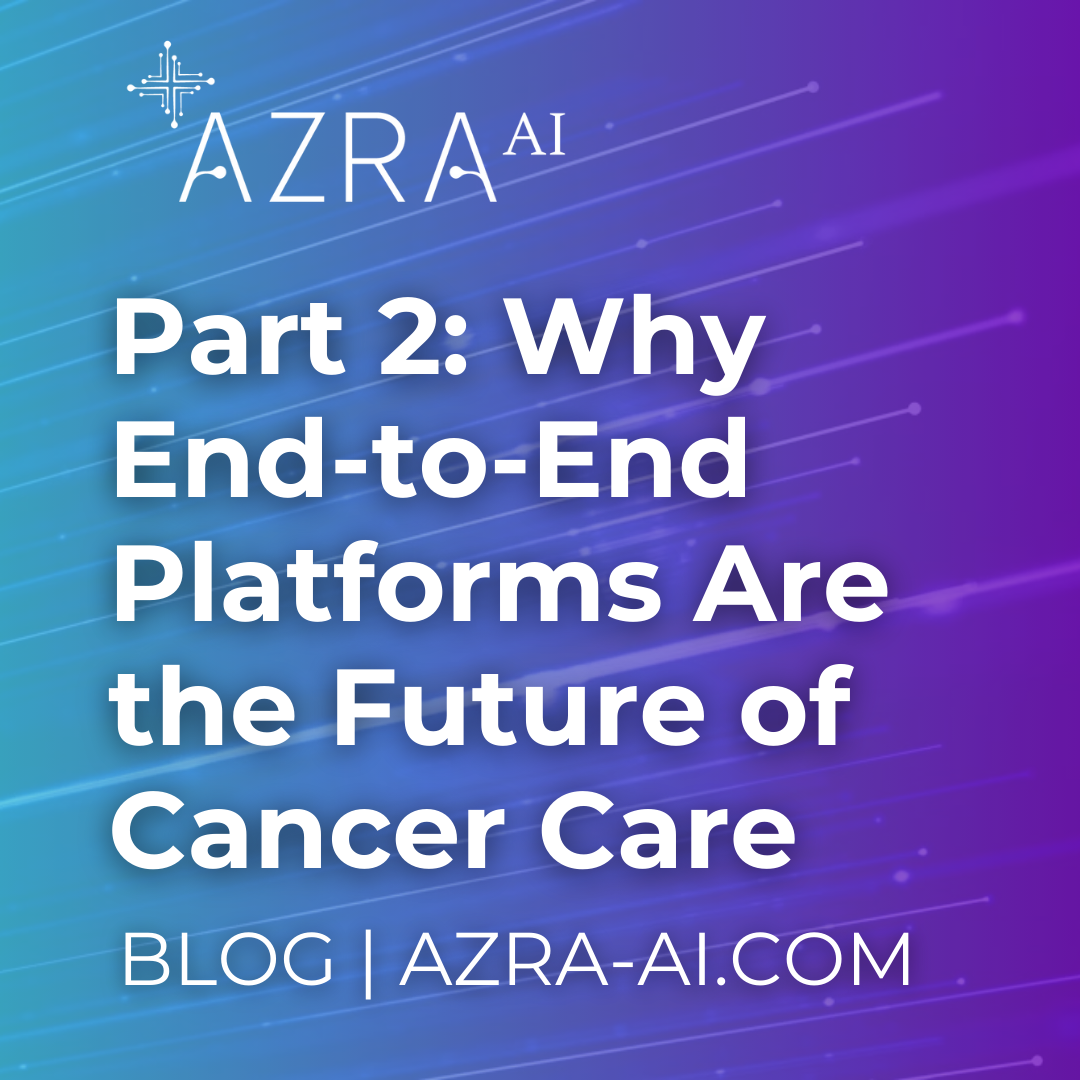In the evolving landscape of oncology, leveraging artificial intelligence (AI) has become increasingly crucial in improving patient outcomes. A study published in the European Respiratory Society delves into the transformative potential of AI in early cancer detection and treatment, aligning closely with Azra AI's mission to connect high-risk patients to cancer care sooner.
The Promise of AI in Oncology
The study explores how AI systems, particularly those using machine learning and natural language processing, can analyze vast amounts of medical data with unprecedented speed and accuracy. By examining imaging data, pathology reports, and patient histories, these systems can identify subtle patterns indicative of cancer that may be overlooked by human clinicians. This early detection capability is vital, as timely intervention can significantly improve prognosis and treatment outcomes.
AI in oncology is not just about detection; it also plays a critical role in treatment planning and monitoring. For instance, AI algorithms can help in tailoring personalized treatment plans based on the patient's genetic makeup, cancer type, and response to previous treatments. This approach ensures that patients receive the most effective therapies with minimal side effects.
Connecting High-Risk Patients to Care
At Azra AI, our core mission is to surface and connect high-risk patients with cancer care as fast as possible. The integration of AI into our end-to-end oncology platform illustrates this commitment. Our AI-driven solution analyzes pathology and radiology reports and identifies positive cancer diagnoses and suspicious incidental findings in real-time, classifying them by primary site and routing these patients to cancer navigators and other healthcare providers. This immediate response mechanism ensures that patients commence their cancer care journey without delay, thereby improving their chances of successful treatment.
Real-World Impact and Operational Efficiency
The practical benefits of AI in oncology extend beyond patient care to operational efficiency. AI systems can automate administrative tasks, such as data entry and reporting, which frees up valuable time for healthcare providers to focus on patient care. Additionally, real-time analytics produced by AI can help healthcare administrators make informed decisions about resource allocation, improving the overall efficiency of cancer care services.
For oncology service line leaders, AI offers a powerful tool for strategic planning. By providing insights into patient demographics, treatment efficacy, and emerging trends, AI can help leaders develop targeted programs and initiatives that address the specific needs of their patient populations.
Challenges and Future Directions
While the potential of AI in oncology is immense, the study also highlights several challenges. These include ensuring data privacy, integrating AI systems with existing healthcare infrastructure, and addressing the ethical implications of AI decision-making in clinical settings. To overcome these challenges, ongoing collaboration between technology developers, healthcare professionals, and regulatory bodies is essential.
Azra AI is committed to advancing our AI capabilities to not only meet these challenges but also to continually enhance our platform. Our goal is to provide a comprehensive, AI-driven solution that supports the entire cancer care continuum, from early detection to survivorship.
Conclusion
The integration of AI into oncology is revolutionizing cancer care, offering new possibilities for early detection, personalized treatment, and operational efficiency. For oncology navigators, registrars, service line leaders, and administrators, embracing AI technology is key to improving patient outcomes and streamlining healthcare delivery. Azra AI is at the forefront of this transformation, dedicated to connecting high-risk patients to the care they need swiftly and effectively.
By leveraging AI, we can ensure that every patient counts, truly embodying our mission to make a tangible difference in the fight against cancer.
For more details, you can access the full article here.




